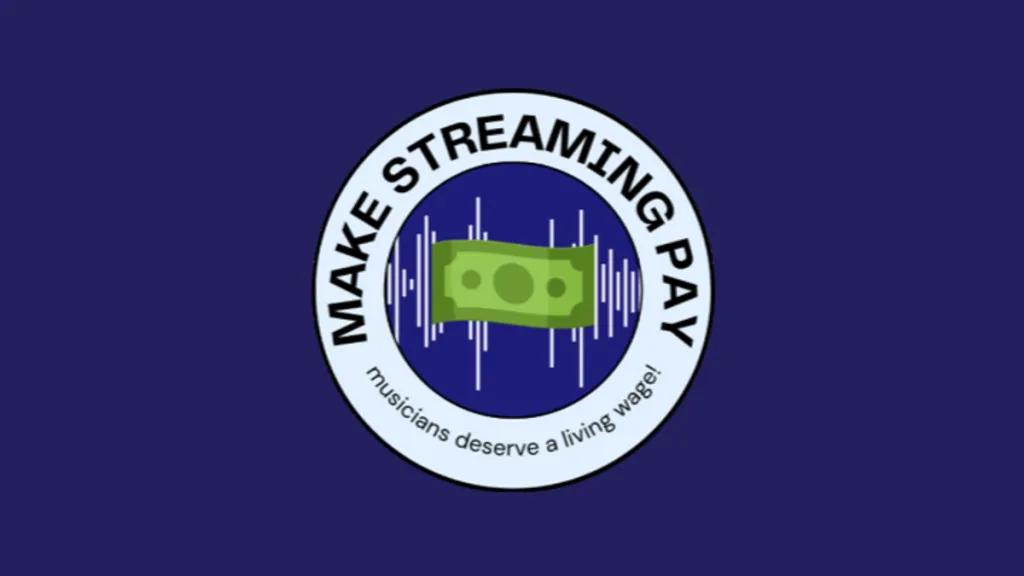Living Wage for Musicians Act is Back—Rep. Rashida Tlaib to Reintroduce in Congress This Month


Photo Credit: The Living Wage for Musicians Act
U.S. Rep. Rashida Tlaib plans to reintroduce the Living Wage for Musicians Act in Congress on September 29. Workers’ unions are drumming up support.
On September 29, U.S. Representative Rashida Tlaib plans to reintroduce her Living Wage for Musicians Act in Congress—and the United Musicians and Allied Workers union (UMAW) is busy drumming up support ahead of time.
The union is encouraging artists and fans alike to write to their Congress members and ask them to support the bill when it hits the floor later this month. In May, the New York City Council passed a resolution backing the bill in anticipation of its reintroduction, showing strong evidence of support.
The Living Wage for Musicians Act would create a new “Artist Compensation Royalty Fund” via an additional subscription fee for music services. That fee would be “an amount equal to 50 percent of the subscription fee charged by the service provider.” It would also introduce a 10% levy on non-subscription revenues.
That fund would be distributed directly to “featured and non-featured artists,” based on their share of streams, but with a cap at a million streams for each track in a given month. Ultimately, the goal is to “pay artists a minimum of a penny per stream,” without that money first passing through the rights holders.
To ensure transparency, service providers must keep a detailed record of subscription revenue, non-subscription revenue, streams, and collection of the new royalty fee over a period of at least three years.
Notably, major rights holders are unlikely to support the legislation, particularly as similar efforts in places like the UK have been met with opposition. The bill is also unlikely to see support from streaming services, who would see their subscription prices rise by approximately $6 for a $12-a-month service tier.
Together, Tlaib and fellow politician Jamaal Bowman introduced the bill initially in March last year, but it didn’t secure enough votes ahead of the elections in November.
Link to the source article – https://www.digitalmusicnews.com/2025/09/02/living-wage-musicians-act-congress/
-
Hricane Concert Ukulele 23 Inch Spruce Flower Top Sapele Professional Ukuleles for Beginners with Bag, Digital Tuner, Strap, 4 Strings Set, Pick, Cleaning Cloth$63,99 Buy product
-
JBL Professional LSR310S -Channel Studio Subwoofer, 10-Inch, Black$0,00 Buy product
-
LG XBOOM Portable Bluetooth-Speaker System RK7 – 550 Watts Output, Karaoke-Creator, and LED Lighting, Black$389,95 Buy product
-
Behringer Abacus Music Computer Eurorack Module$121,90 Buy product
-
Music Alley 3 Piece Kids Drum Set with Throne, Cymbal, Pedal & Drumsticks, Blue, (DBJK02)$89,99 Buy product
-
Fender Rumble 25 V3 Bass Amp for Bass Guitar, Bass Combo, 25 Watts, with 2-Year Warranty 8 Inch Speaker, with Overdrive Circuit and Mid-Scoop Contour Switch$129,99 Buy product












Responses